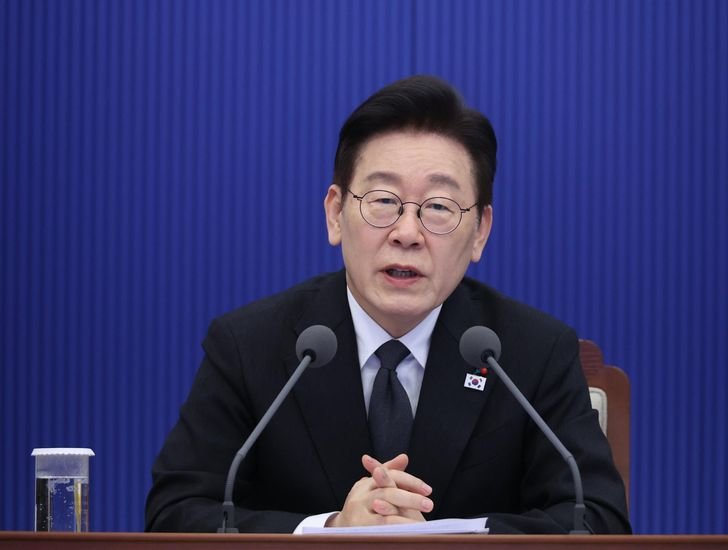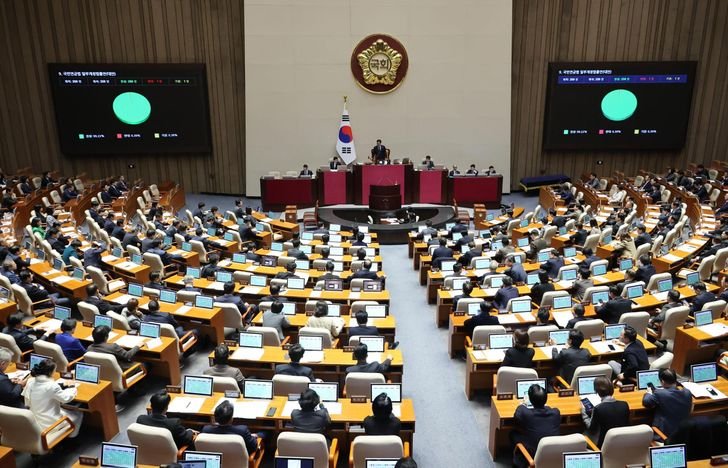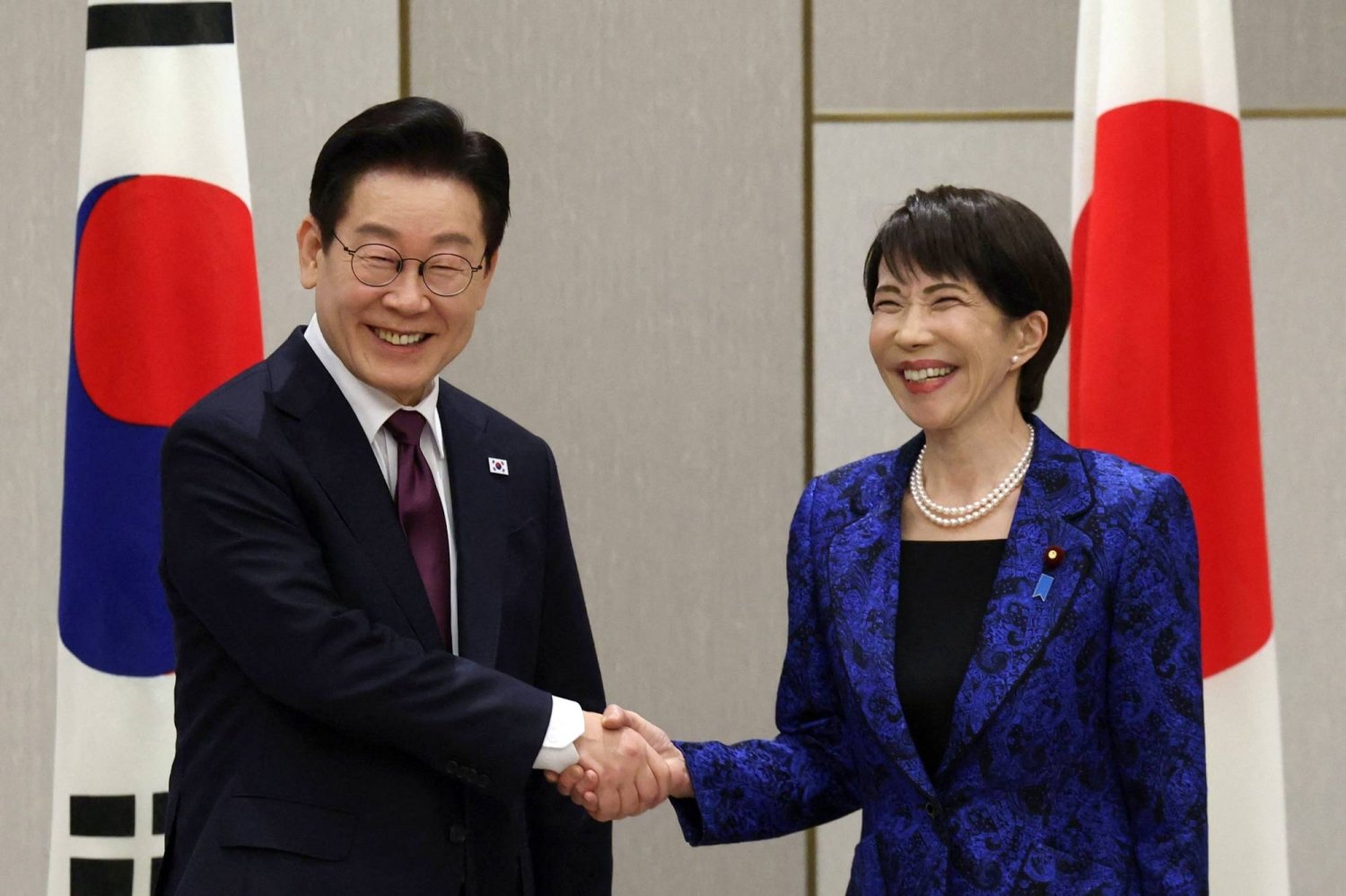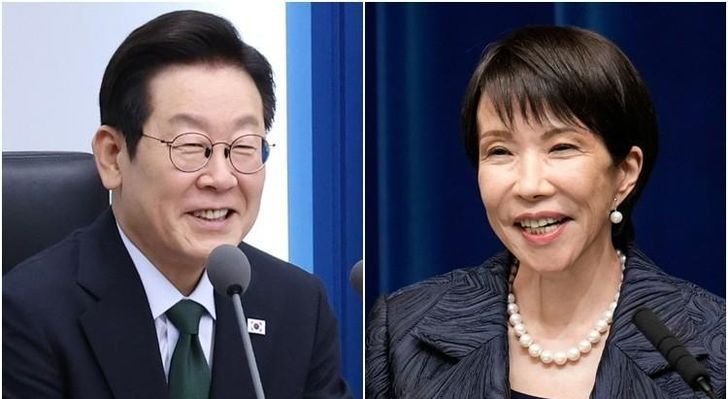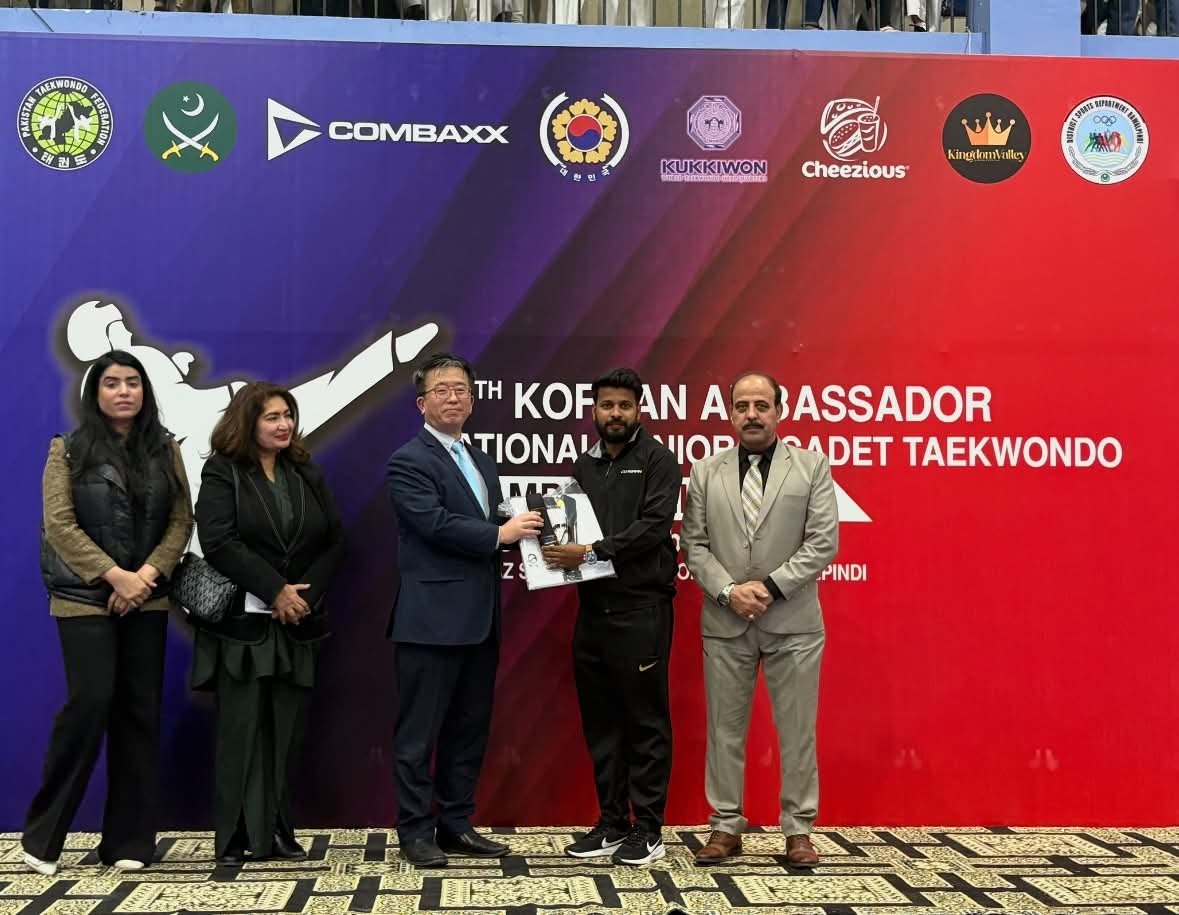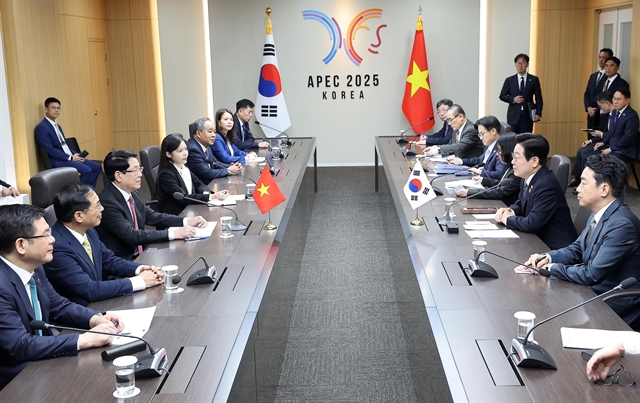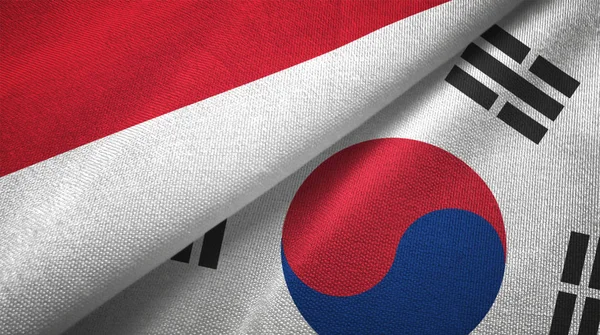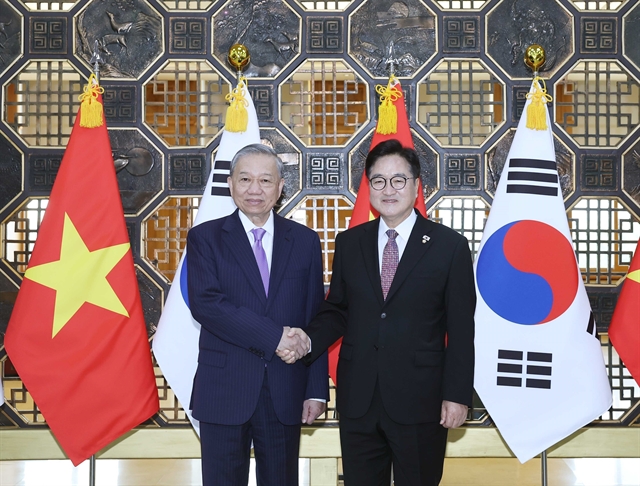Seoul, January 15, 2025 – The Europe Today: South Korean President Yoon Suk-yeol was arrested on Wednesday morning following a dramatic raid on his presidential residence by hundreds of anti-corruption investigators and police, marking the culmination of a tense standoff lasting several weeks.
The arrest came after a second attempt to detain Yoon by the Joint Investigation Headquarters, supported by the Corruption Investigation Office. In a pre-dawn operation, officers stormed the Hannam-dong residence in Seoul, employing both front and rear entry points to reach the main building.
The first attempt to arrest Yoon on January 3 was thwarted by members of the Presidential Security Service (PSS), who resisted investigators for hours. However, this time, Yoon’s legal team announced his intention to cooperate, citing his decision to avoid a “serious incident.”
“President Yoon has decided to personally appear at the Corruption Investigation Office today,” his lawyer, Seok Dong-hyeon, stated on social media early Wednesday, adding that the president would deliver a speech.
Despite these assurances, the Joint Investigation Headquarters executed the arrest warrant at 10:33 a.m. (0130 GMT). In a pre-recorded video message released shortly afterward, Yoon expressed dismay, claiming the “rule of law has completely collapsed in this country.”
Yoon, who declared martial law on December 3 in response to what he called an “anti-state” opposition using its legislative majority to block his governance, has defended his actions as a necessary response to preserve order. Critics, however, argue the declaration was an unconstitutional move to consolidate power.
Law enforcement authorities, aware of the heightened tensions, approached Wednesday’s operation with caution, opting not to carry firearms but equipping officers with bulletproof vests to avoid potential clashes with armed guards.
Yoon can now be held for up to 48 hours under the existing warrant. Investigators must seek an additional warrant should they wish to extend his detention.
This arrest marks a significant development in South Korea’s political landscape, as the nation grapples with the implications of Yoon’s controversial leadership and the ongoing anti-corruption investigation.

